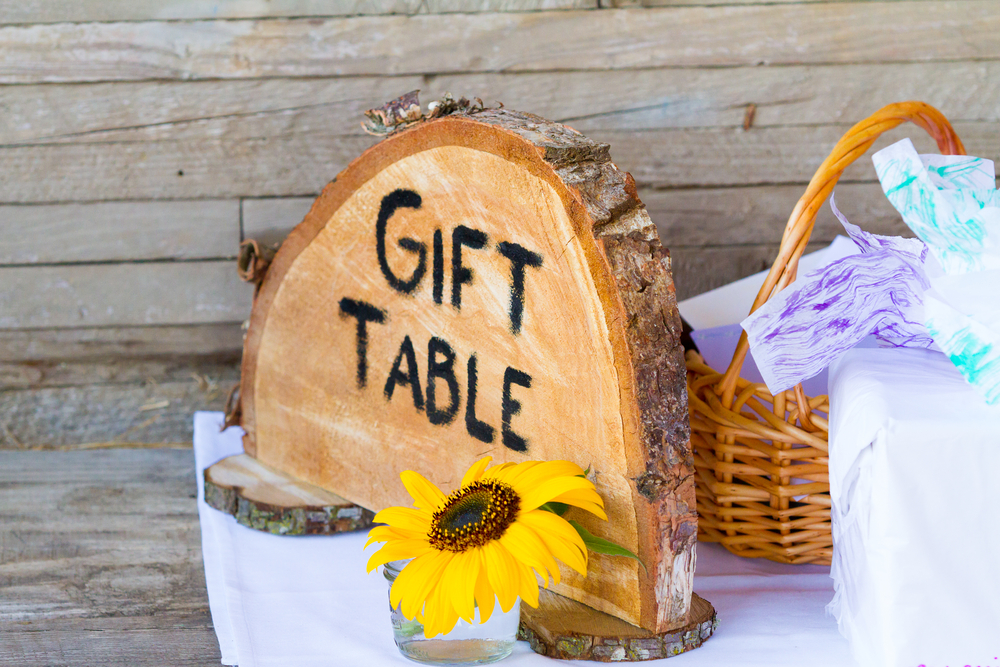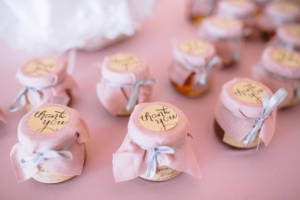
Purchasing a gift for a wedding is a tradition that can prove more difficult than many people realize. Though there is no hard rule stating all guests must bring a present to a reception, custom has made it a forced obligation for many. This is compounded by the fact that couples now spend more than the value of a new car on their nuptials. To make some of that money back, couples will rely on the generous gifts from family and friends.
If you haven’t been to many weddings in your life, you may want to know what the protocol is surrounding presents. Use these tips to learn more about the basic ways guests go about giving gifts.
Follow the Registry
Perhaps the easiest approach to wedding gifts is following the registry. Though it is not as commonplace for couples to create these lists as it once was, plenty of people still prefer this method of making requests. The couple will offer information on where they are registered when they send out invitations, which allows guests the maximum amount of time to find a perfect present. Custom dictates that anyone who receives an invitation should give a gift, but in modern times, those absent from the festivities rarely send presents.
Follow Your Heart
For some people, the act of selecting a present from a list can feel impersonal. If you feel particularly close to the happy couple, then you might not think a simple gift from a registry can provide the emotional impact you’d like. Instead, think about following your heart. This can take many forms, from a personalized present that includes pertinent details about the couple in the design to a gift you make on your own with love and dedication. Sentimental presents are always a nice route to consider when you want your gift to be remembered.
Follow the Gift Trends
Since the world of weddings has become a powerful business industry over recent decades, it makes sense that gift trends are a big part of the picture. If the couple hasn’t provided a registry and you’re short on good ideas, looking at blogs and articles centered on what’s currently in vogue with gifts can be quite useful. While you don’t need to buy any of the gifts suggested, per se, you can use this information to launch further research into what kinds of presents are out there.
Follow the Money
When push comes to shove, money might be the only gift that really matters. Though sentimental or practical presents might serve certain purposes, money can be used for anything. After spending a fortune on their nuptials, couples might be able to breathe easier knowing that their guests are giving them cash. As a rule of thumb, a cash gift should be roughly about $100 per plate. This means that you should give $200 if you were allowed to bring a guest.
Follow Up Later With A Gift
It is a popular misconception that a gift needs to be given to a couple at the wedding reception or on the wedding day. In truth, tradition allows guests a full year to accomplish this task. If you really don’t know what to get the couple or are short on funds, waiting until later can be a great way to find a present that feels fitting.
Being a guest at a big event means researching proper etiquette in advance. Instead of panicking and grabbing any old gift, take a step back and think over your options. Learn more about what kinds of presents are out there and find the perfect fit for a couple you care about.



